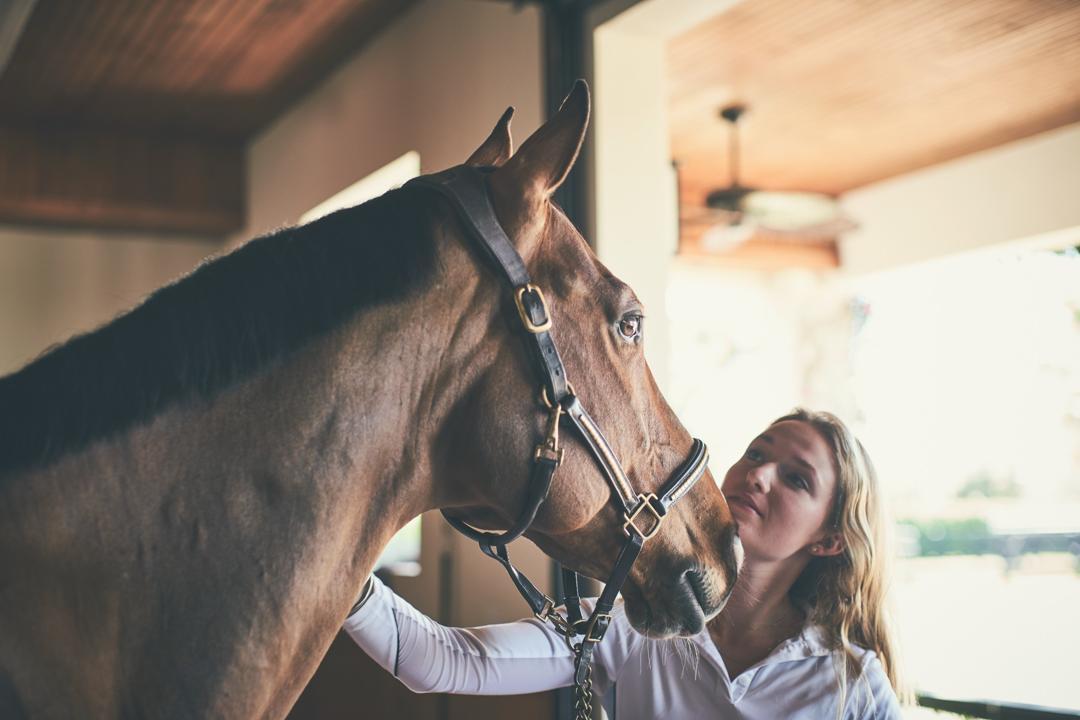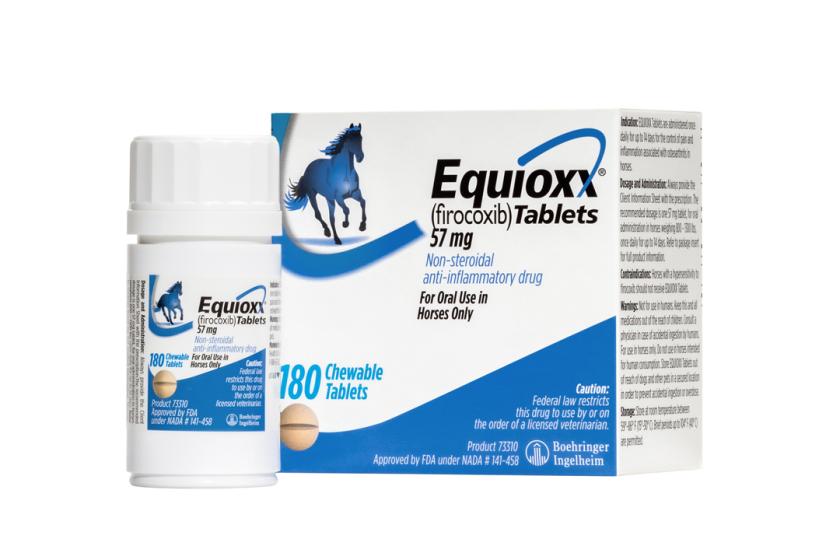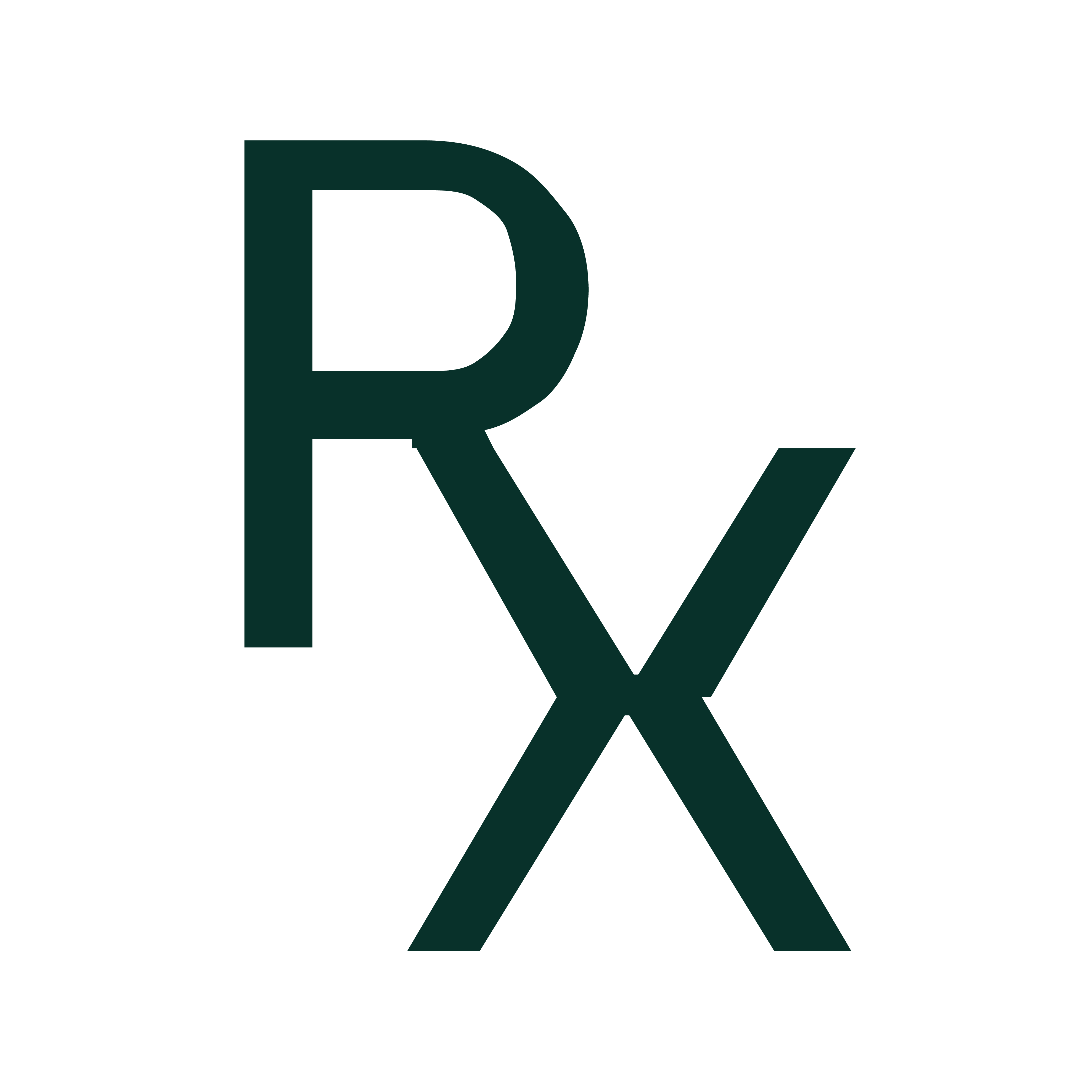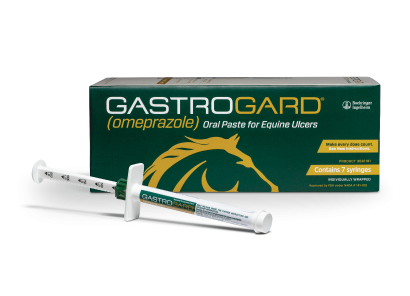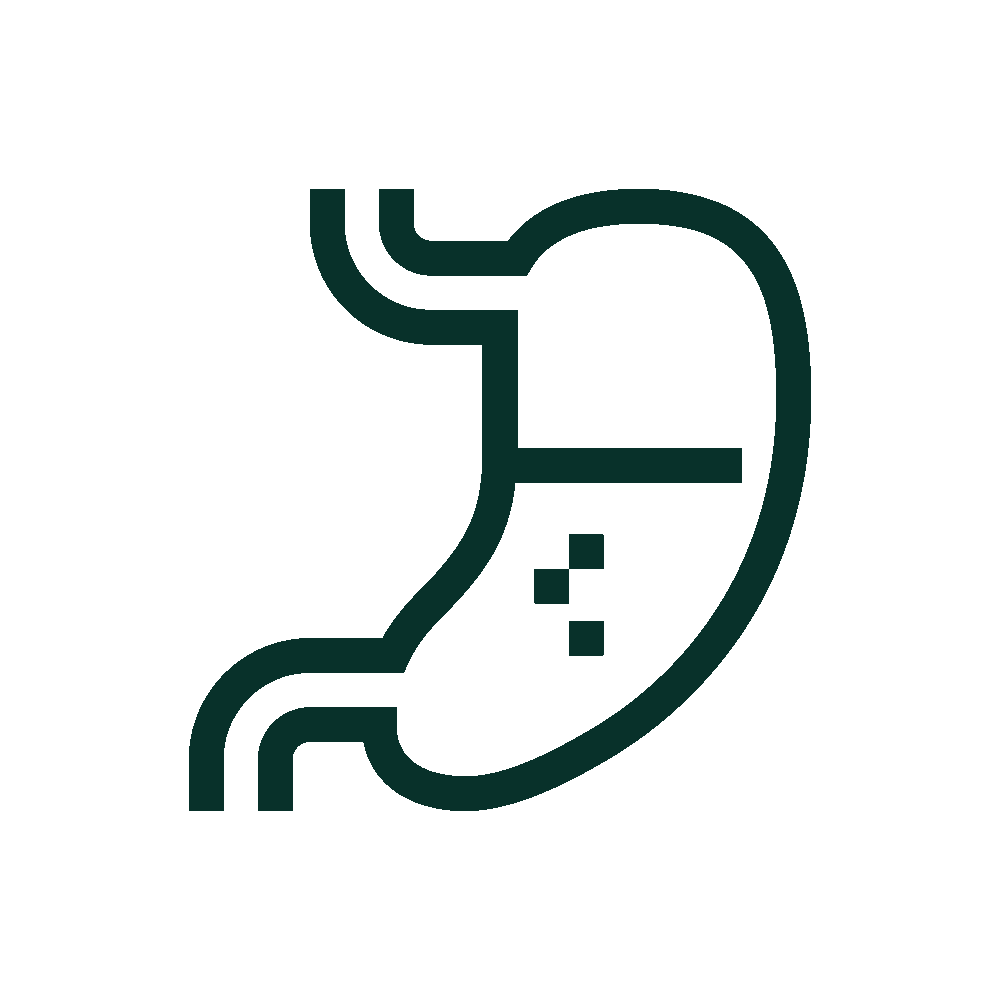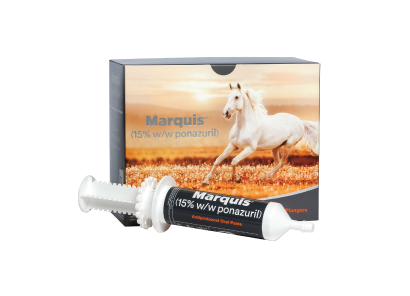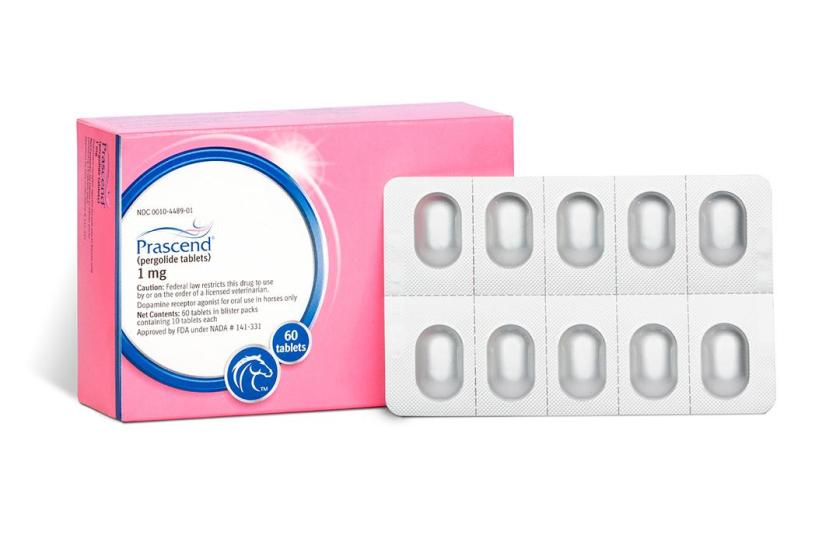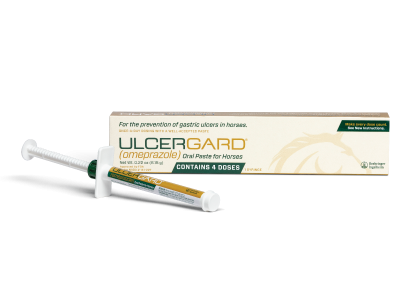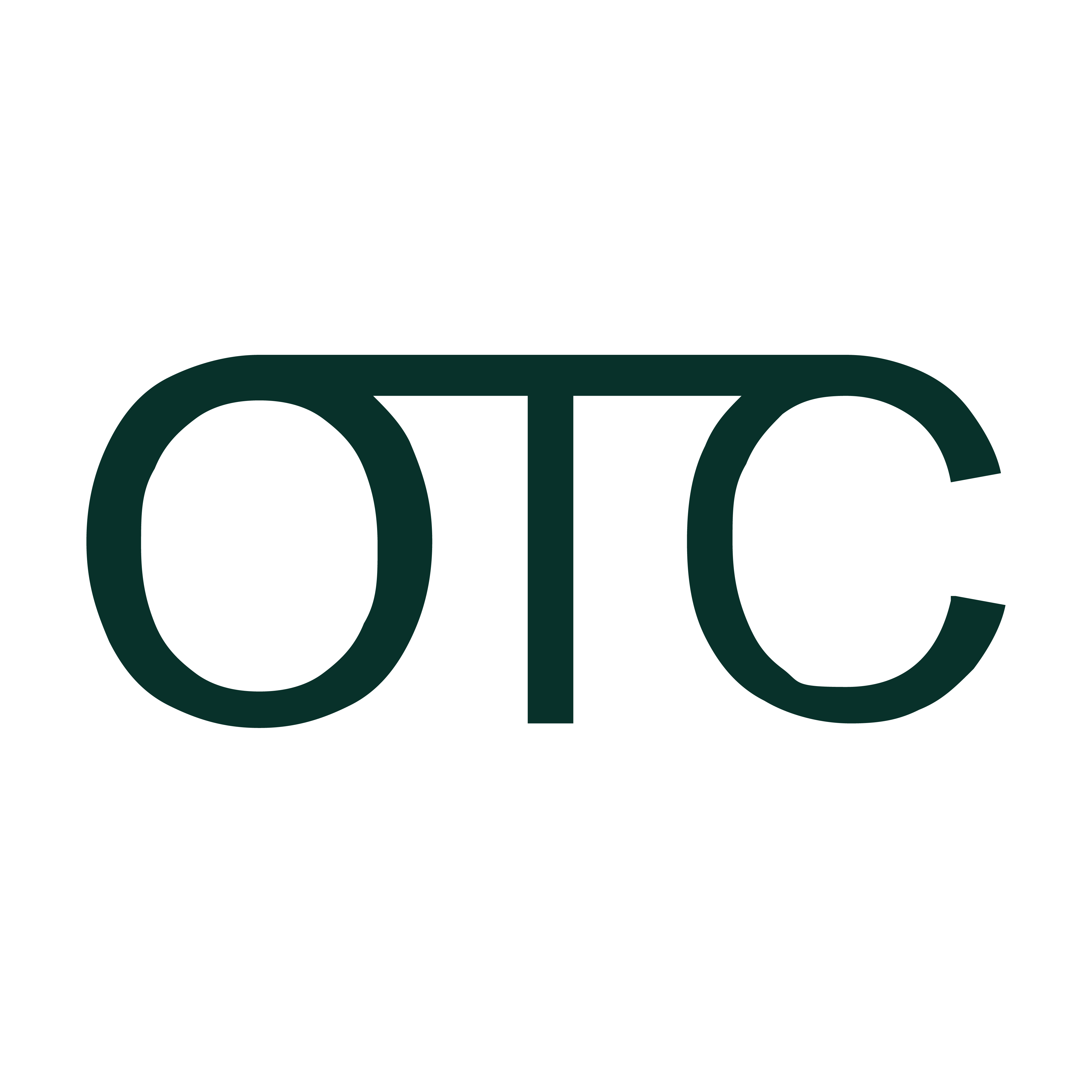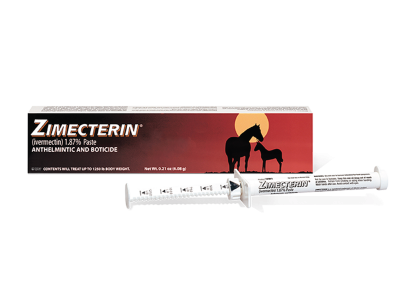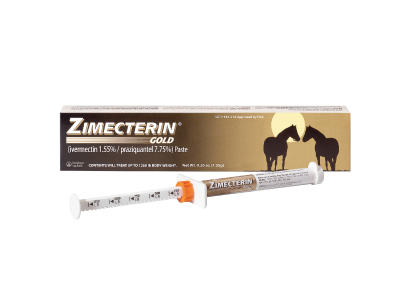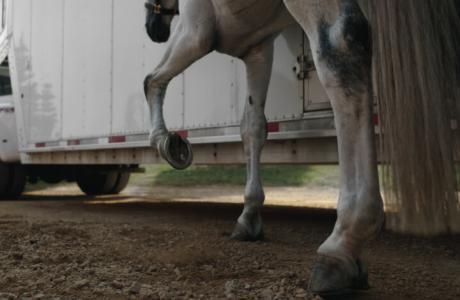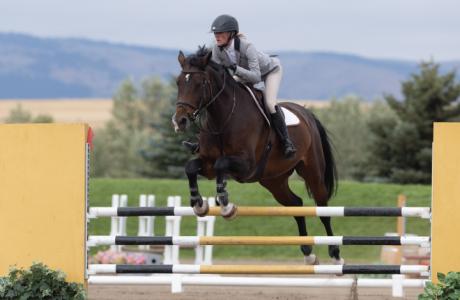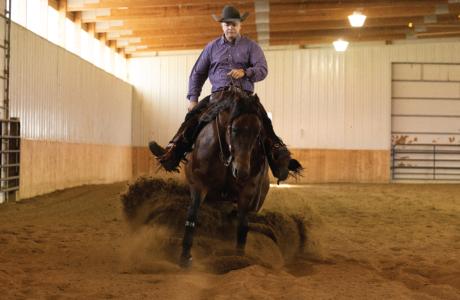Best friends. Champions. Companions. A better understanding of their needs – and the health challenges they may face – is the first step to ensuring their overall wellbeing.
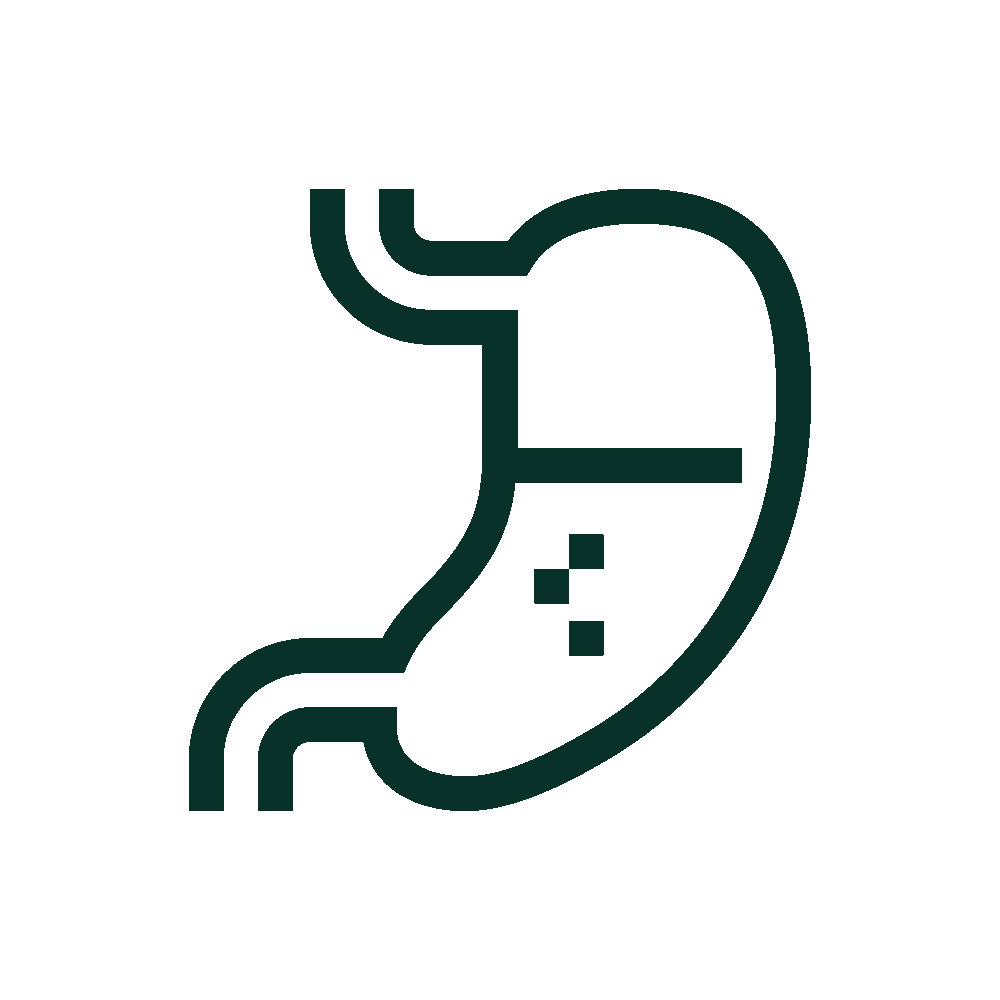
Gastric Health
Condition: Equine Gastric Ulcer Syndrome (EGUS)
Common clinical signs: Poor performance, behavior change, picky eating, weight loss, recurrent low-grade colic
What to know: 60% of performance horses may be affected by EGUS. The leading risk factors are related to feeding practices and stress.
and stress.
Resources:
Dive Into Gastric Health
Joint Health
Conditions: Degenerative Joint Disease, including Synovitis and Osteoarthritis (OA)
Common clinical signs: Lameness, heat and swelling of the affected joint(s), stiffness and decreased mobility, unwillingness to work
What to know: All horses are susceptible to degenerative joint disease, which can lead to pain and inflammation in their joints. Their conformation, workload, injuries, and environment can all factor into their risk for developing joint disease.
Resources:
- How a Lameness Exam Works
- Common Causes of Lameness
- Care for Older Show Horses
- The Role of Good Footing
- When to Retire a Show Horse
- Winter Osteoarthritis Care

Endocrine Health
Conditions: Pituitary Pars Intermedia Dysfunction (PPID) and Equine Metabolic Syndrome (EMS)
Common clinical signs: Change in attitude/lethargy, poor performance, loss of topline muscle, delayed hair coat shedding, increased urination/thirst, hyperinsulinemia-associated laminitis
What to know: Signs of PPID can be subtle. Recognizing the early clinical signs can help give your horse back a happy and healthier life.
Resources:
- Recognizing Signs of PPID
- Clinical Signs of PPID vs. EMS
- A Whole-Horse Approach to PPID
- PPID: Myth vs. Fact
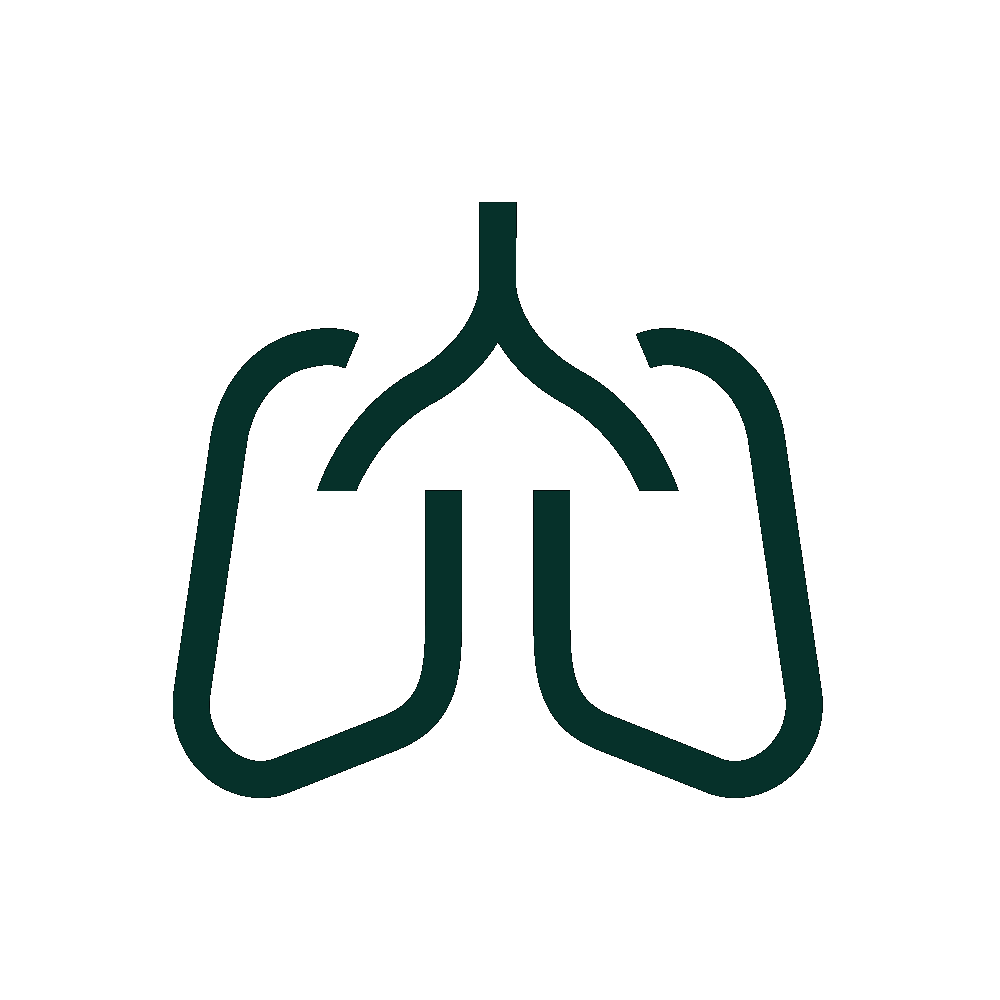
Respiratory Health
Condition: Equine Asthma Syndrome
Common clinical signs: Coughing, wheezing, exercise intolerance, poor performance, increased respiratory effort at rest
What to know: Equine asthma is an inflammatory disease that affects horses’ airways. If your horse is coughing, even infrequently, it could be a sign of equine asthma.
Resources:
Dive Into Respiratory Health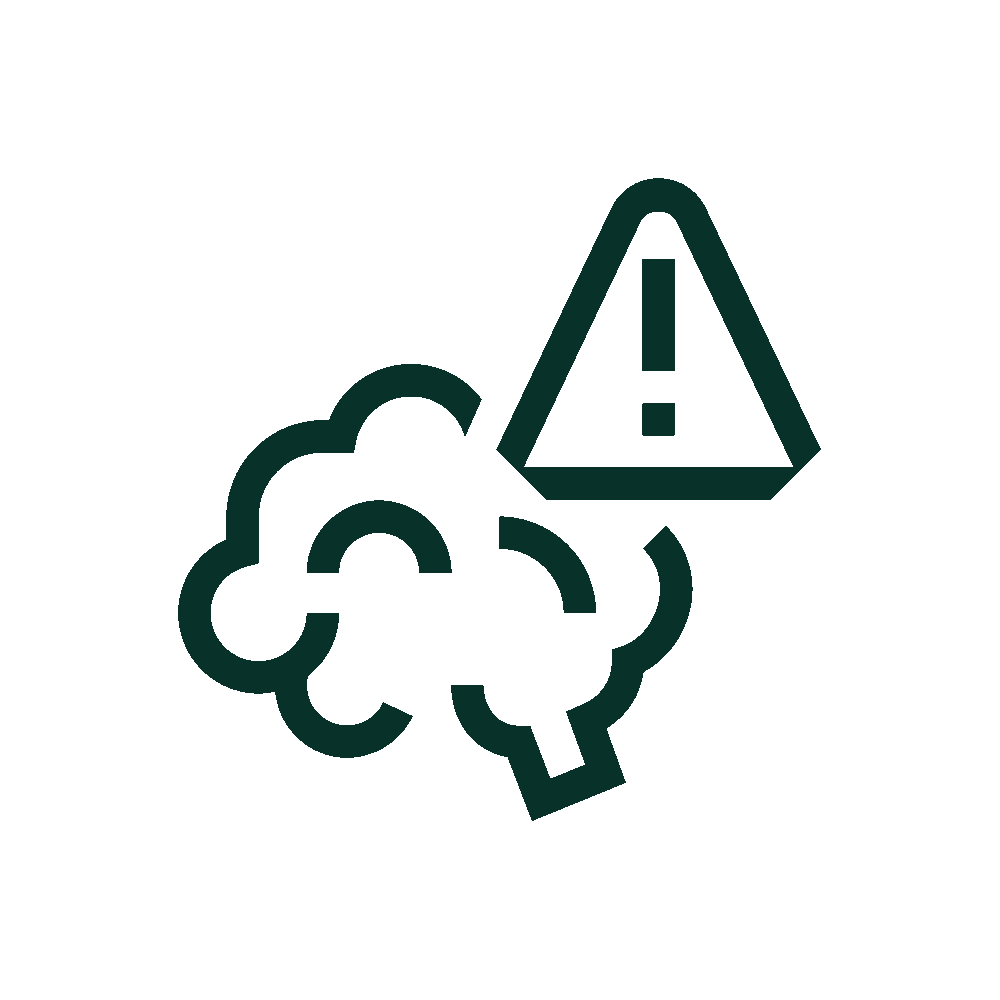
Neurological Health
Condition: Equine Protozoal Myeloencephalitis (EPM)
Common clinical signs: Stumbling or tripping, tilted head, asymmetrical muscle loss, atypical lameness or gait abnormality, leaning against walls
What to know: EPM is a serious progressive neurological disease. If you see the signs, call your veterinarian immediately.
Resources:
Dive Into Neurological Health
Vaccines
Conditions: Eastern Equine Encephalomyelitis (EEE), Western Equine Encephalomyelitis (WEE),West Nile Virus (WNV), Tetanus, Rabies, Influenza, Equine Herpesvirus, Strangles, Potomac Horse Fever
What to know: Regardless of their environment, all horses are susceptible to infectious disease. Vaccination is one of the most efficient and effective methods of protecting horses against disease.
Resources:
- Improve Barn Biosecurity
- Plan Ahead to Prevent Disease
- Cost of Not Vaccinating
- What to Know About Vaccines

Dewormers
Conditions: Parasitic Infections, including tapeworms, lungworms, bots, ascarids and small strongyles
Common clinical signs: Weight loss, diarrhea, colic, poor growth, coarse and dull coats, potbellies, excessive tail scratching
What to know: Uncontrolled parasitic infections result in clinical issues. Parasites can be controlled through regular, strategic deworming with appropriate active ingredients.
Resources:
Dive Into DewormersFeatured Products
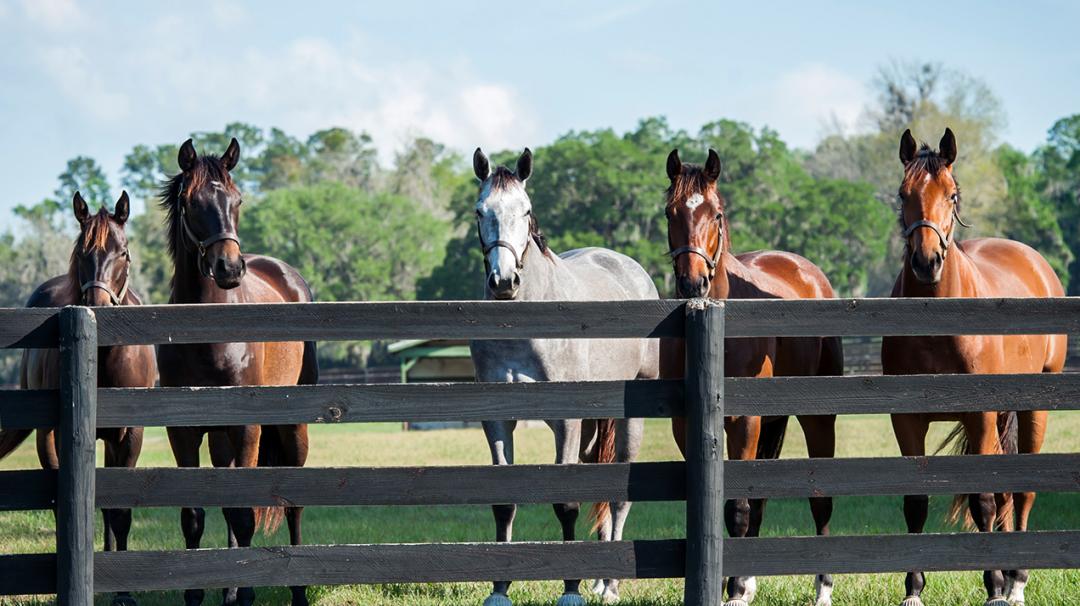

About Us
Like you, we're all about horses. We're inspired by them. We're filled with pride when they thrive. And we're not afraid to step up and lead the way when their health is on the line–which is each and every day.
The Latest Articles
References
1 Sykes BW, Hewetson M, Hepburn RJ, et al. European College of Equine Internal Medicine Consensus Statement - Equine gastric ulcer syndrome in adult horses. J Vet Intern Med 2015;29(5):1288-1299.
PRASCEND® is a registered trademark of Boehringer Ingelheim Vetmedica GmbH, used under license. MARQUIS®, EQUIOXX®, ULCERGARD® and GASTROGARD® are registered trademarks of Boehringer Ingelheim Animal Health USA Inc. ZIMECTERIN® is a registered trademark of Boehringer Ingelheim Animal Health France, used under license. ©2025 Boehringer Ingelheim Animal Health USA Inc., Duluth, GA. All rights reserved. US-EQU-0095-2024
